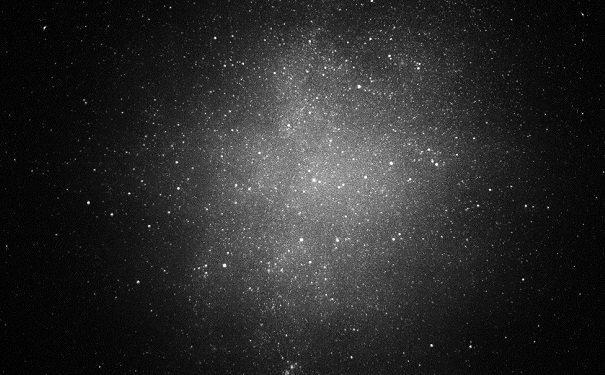
The expansion of the Universe is accelerating, not decelerating as expected. Image: Shutterstock
The Universe may end in ice, according to Australian Nobel Laureate.
The Royal Swedish Academy of Sciences has awarded the
You may also like…

The expansion of the Universe is accelerating, not decelerating as expected. Image: Shutterstock
The Universe may end in ice, according to Australian Nobel Laureate.
The Royal Swedish Academy of Sciences has awarded the
You may also like…